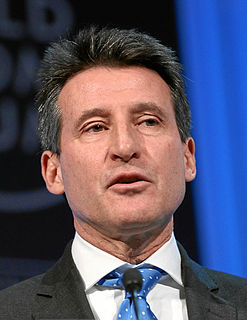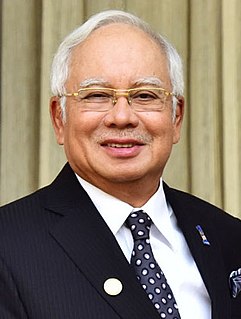A Quote by Stephen Harper
I think when ordinary working people come home, turn on the TV and see a gala of a bunch of people at, you know, a rich gala all subsidized by taxpayers claiming their subsidies aren't high enough, when they know those subsidies have actually gone up - I'm not sure that's something that resonates with ordinary people.
Related Quotes
I think some people are not interesting to themselves. They're the sad, resigned folk. When people call themselves ordinary - "I'm just an ordinary person" - you do wonder what they mean, because people who call themselves ordinary occasionally turn out to be serial killers. Beware of those who say they're ordinary.
The ancient Masters didn't try to educate the people, but kindly taught them to not-know. When they think that they know the answers, people are difficult to guide. When they know that they don't know, people can find their own way. If you want to learn how to govern, avoid being clever or rich. The simplest pattern is the clearest. Content with an ordinary life, you can show all people the way back to their own true nature.
Corn is already the most subsidized crop in America, raking in a total of $51 billion in federal handouts between 1995 and 2005 - twice as much as wheat subsidies and four times as much as soybeans. Ethanol itself is propped up by hefty subsidies, including a fifty-one-cent-per-gallon tax allowance for refiners.
Now most people do not want an ordinary life in which they do a job well, earn the respect of their collaborators and competitors, bring up a family and have friends. That's not enough any more, and I think that is absolutely tragic - and I'm not exaggerating - that people feel like a decent, ordinary, fun life is no longer enough.
So when we come across somebody who does understand this and makes an effort to try and explain it to us, some people freak out and turn that person into either an object of worship or, some people freak out and want to kill that person. I think it's because they know what's true but they don't want to know, they don't want to face up to what that actually means. So they're going to kill the messenger and hope that by doing so they'll destroy the message so they can go back to living their ordinary life again.
There's a long history in the Middle East of "bread intifadas," starting with 1977 in Egypt, when Anwar Sadat tried to lift bread subsidies. People rebelled and poured into Tahrir Square, shouting slogans against the government just like they did earlier this year. Sadat learned his lesson and kept bread subsidies in place, and so did a host of other Middle Eastern dictators - many of whom were propped up for years by the West, partly through subsidized American wheat.
The fact is, is that Donald Trump knows that as he rifles money from the working and middle classes up to the super rich, he has to sow division among working people, because if working people and middle-class people really take a look at his economic policy, they will come together, and they will stop it. So, what he has to do is to promote racism - hate the Muslims, hate the Latinos, hate the blacks, you know, have male - men and women at each other's throats, you know, make sure we repress the trans people.


































